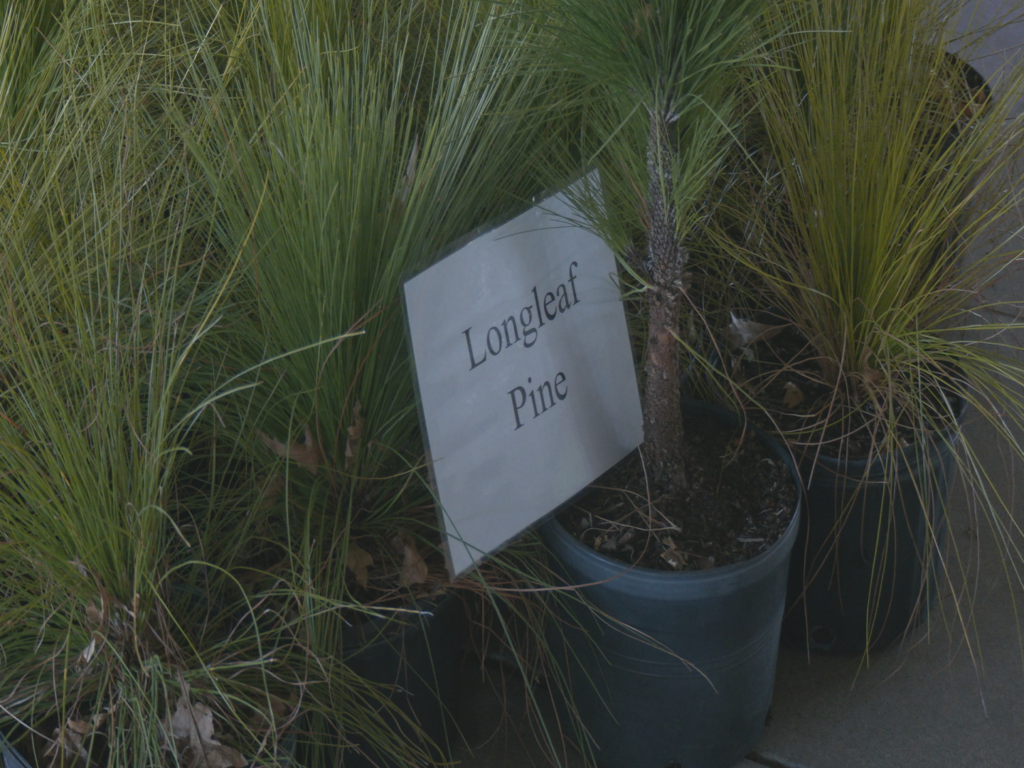Seasonal depression triggered by Daylight Saving Time ending
WILMINGTON, NC (WWAY) — Although some may welcome the seasons changing and daylight saving time ending, fall and winter can be a challenging time for others.
Novant Health therapist Jaren Doby says many people can experience Seasonal Affective Disorder following the end of Daylight Saving Time.
Doby says it is more common for people to battle depression in the fall and winter, but it can also happen in the summer months.
Symptoms of Seasonal Affective Disorder include low interest in doing things, feelings of guilt, and significant changes in appetite or sleep patterns. Doby says younger adults are considered most at-risk.
“More commonly between the ages of 18-30 years old is where it is seen the most. With the younger persons within that range being at higher risk. In addition to that also, you’ll see it more common in women than you will in men, and also according to your location. So those areas that are in higher latitudes, as where we are seeing more cases of reported Seasonal Affective Disorder,” said Jaren Doby, Novant Health therapist.
Doby says there are things you can do to counter Seasonal Affective Disorder. He recommends getting outdoors, increased sunlight exposure, listening to upbeat music, exercising, and surrounding yourself with friends and family you trust.




